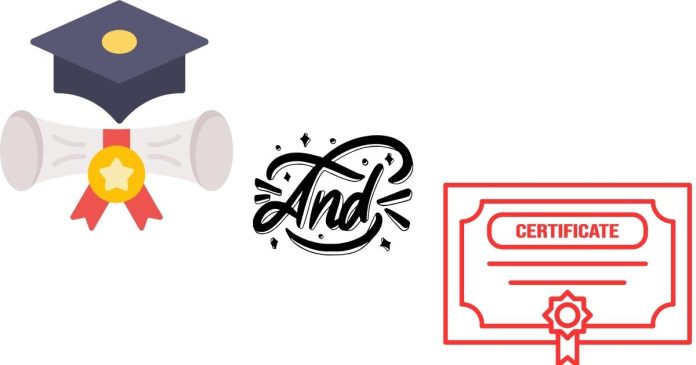When exploring higher education, you might encounter terms like “bachelor’s” and “degree.” While these terms are often used interchangeably, they are not the same. Understanding the distinction can help you make informed decisions about your educational path. Let’s break it down.
What is a Degree?
A degree is a general term that refers to an academic qualification awarded by a college or university upon completion of a specific program of study. Degrees are offered at various levels, including:
- Associate’s Degree: Typically a two-year program that serves as an introduction to higher education. It’s often pursued at community colleges.
- Bachelor’s Degree: A four-year undergraduate program offering in-depth study in a specific field.
- Master’s Degree: A graduate-level qualification requiring one to three years of advanced study beyond a bachelor’s degree.
- Doctoral Degree (Ph.D.): The highest level of academic achievement, often taking several years to complete.
Degrees can span across a wide range of disciplines, including arts, sciences, engineering, business, and more.
What is a Bachelor’s?
A bachelor’s refers specifically to a type of undergraduate degree. It typically requires four years of full-time study and involves:
- Core Curriculum: Courses that provide a broad foundation in areas like math, science, humanities, and social sciences.
- Major: A focused area of study, such as psychology, biology, or computer science.
- Electives: Courses outside the core and major, allowing students to explore other interests.
Examples of bachelor’s degrees include:
- Bachelor of Arts (BA): Emphasizes humanities, social sciences, and liberal arts.
- Bachelor of Science (BS): Focuses on technical, scientific, and mathematical disciplines.
- Bachelor of Fine Arts (BFA): Centers on creative arts like painting, music, and theater.
Key Differences
Aspect Degree Bachelor’s Definition A general academic qualification A specific type of undergraduate degree Scope Includes all levels (associate’s, bachelor’s, master’s, doctoral) Undergraduate level only Duration Varies by level Typically 4 years Examples Associate’s, bachelor’s, master’s, Ph.D. BA, BS, BFA
Why the Confusion?
The confusion often arises because the term “bachelor’s degree” is frequently shortened to just “degree” in casual conversations. While a bachelor’s is a type of degree, not all degrees are bachelor’s degrees.
Understanding these terms is crucial when planning your educational journey. If you’re at the beginning of your college career and aim for a comprehensive, four-year program, pursuing a bachelor’s degree might be the right step. However, if you’re considering advanced education or specialized training, explore other degree options to align with your goals.
In the end, whether it’s a bachelor’s or another type of degree, what matters most is finding the path that suits your aspirations and career objectives.



